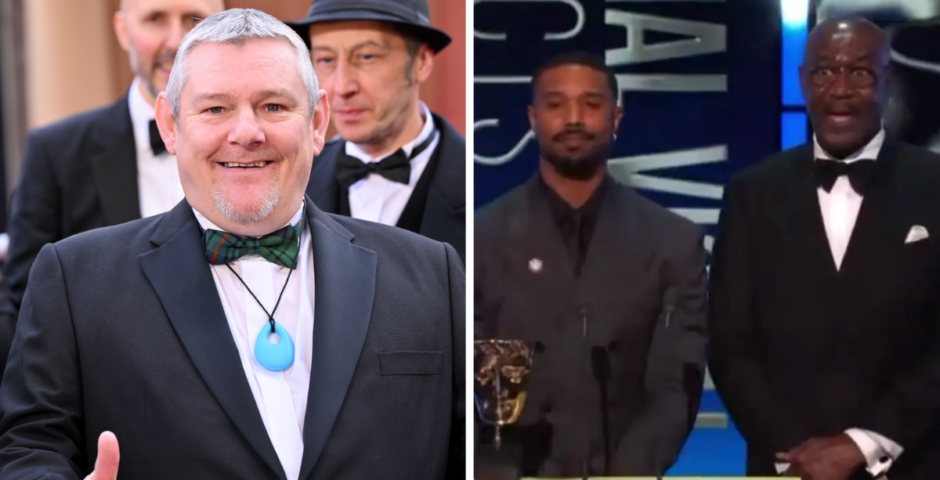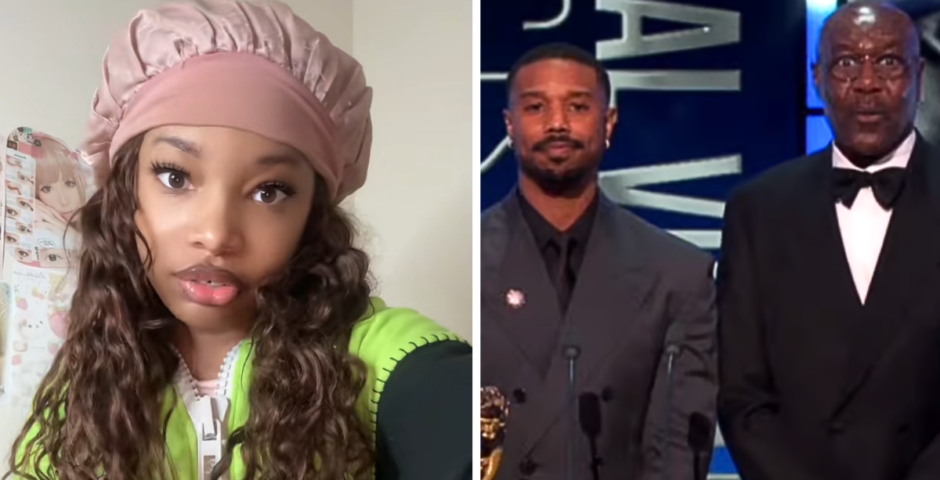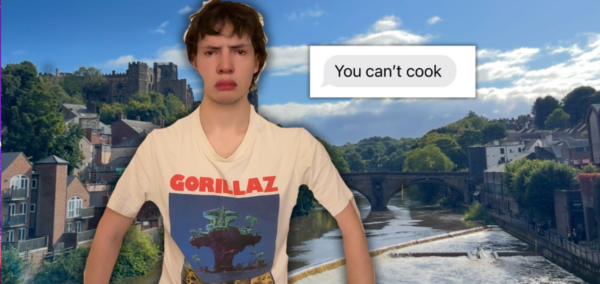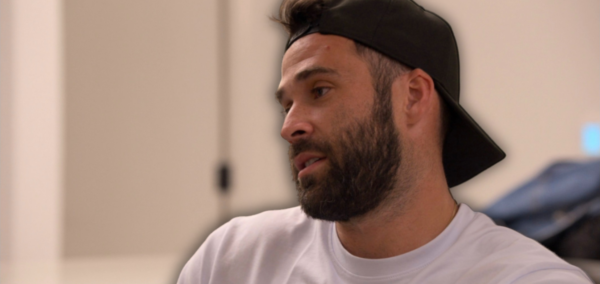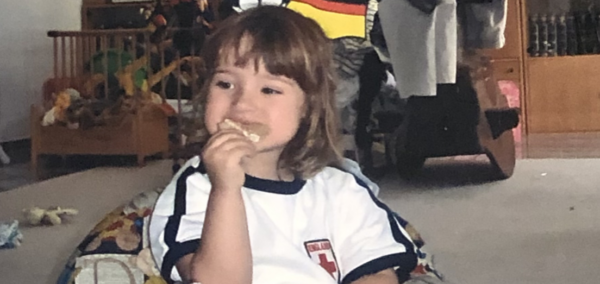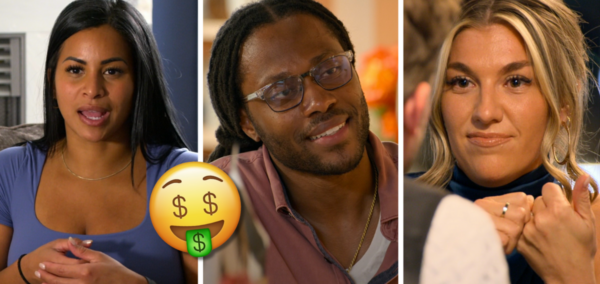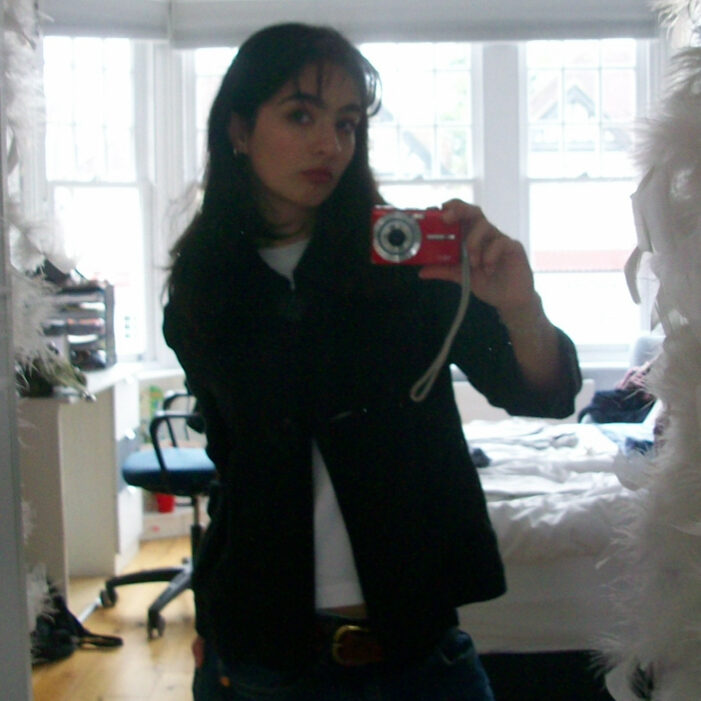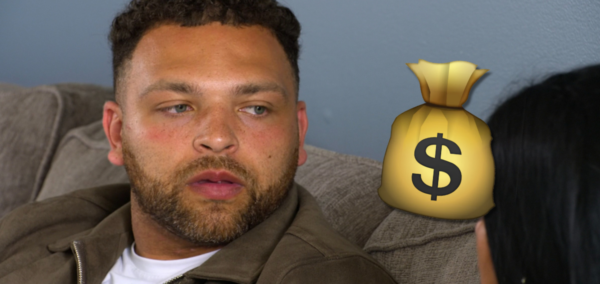
‘You’re scared to step outside’: Two women share their stories of being stalked at uni
This doesn’t only happen to celebrities like Holly Willoughby
It was headline news when Holly Willoughby announced she was stepping down from her role as presenter of This Morning with immediate effect last week. Her decision came a day after a man who’d been stalking her and sending “sinister messages” had been arrested for his plot to kidnap and “seriously harm” her. Messages of support flooded in.
Holly is just one of many women in the public eye who’ve had high-profile stalking cases in recent months. The Only Way Is Essex’s Ferne McCann revealed at the start of September a man had been following her in 2015, showing up at her front door— Bombarding her with love letters. “I felt really vulnerable,” she said. “It really spooked me.”
But it’s not just famous women who’re at risk from being stalked. There were 697,632 stalking and harassment offences in the year ending December 2022, according to the Office for National Statistics. From their data, they estimate one in six women (and one in 12 men) will be stalked in their adult life. This figure, calculated in 2013, is one many charities – including Safer Futures – believe to be “grossly underestimated”.
‘I’m just a normal person – what the hell is happening?’
“It’s one of those things where you just don’t think it’s going to happen to you,” says Hannah* a Edinburgh University graduate who was stalked by a man she’d matched with on Bumble after he assaulted her when they met up. “You think ‘I’m just a normal person. This stuff only happens in American dramas. But the number of women [stalking] happens to— it’s just insane,” she reflects. “You’re thinking to yourself ‘what the hell is happening?'”
Despite meeting up with her Bumble match for the first time in York, where he lived as a post-grad student, Hannah had inadvertently given the man a lot of information about her life in Edinburgh in the weeks they’d chatted before their date. “He wanted to write me a letter so I gave him my address,” she says. “He’d call me on my way to work, so he knew my daily routine…He seemed like a nice, normal, person. We were talking every day for weeks.”
But when Hannah met the man she’d been talking to in person she started to sense some red flags. “I was giving him the benefit of the doubt,” she says. “But 10 minutes into me arriving he said ‘I’m in love with you’ and I said ‘That’s impossible you don’t actually know me’. So, he threw a massive tantrum because I didn’t say it back.”
‘I felt so sick I thought I was going to pass out when I saw him’
In the ten hours they spent together, the man took more than 200 photos of Hannah walking around York, adding them to an album in his phone titled “Photos of Hannah”. They went back to his house to have dinner together. She woke up, confused, hours later to him having sex with her. She told him that was rape. He said he was going to kill himself.
After calling a helpline for advice, Hannah cut all ties with her Bumble match and blocked him on everything. She knew there was a chance he’d be moving to Edinburgh after he finished his post-graduate course: “But I thought ‘it’s a big city,'” she says. “Then two months later, I was at the pub and I looked across the pub and I saw him. Like, ‘oh my God. That’s the guy.'”
When Hannah saw her match again she thought she was going to be sick or pass out. “Everything started spinning,” she says.”The assault was awful but I always thought ‘It wasn’t in my bedroom or in my city’. I could separate Edinburgh as my safe space. My home. But then he was in it. It was the most terrifying thing.”
‘It’s hard to know what’s a coincidence and what’s actually stalking’
In the weeks that followed, Hannah’s Bumble match started showing up everywhere: When she met a friend at the Edinburgh Fringe or walked along the street with her new boyfriend – there he was. “It’s hard to know what’s just a coincidence and what’s actually stalking,” she says of the early encounters.
“Women are taught not to make a big deal out of things but it was horrible,” she adds. “I was constantly checking over my shoulder. The entire city felt unsafe. Even in my bedroom, which is meant to be where you can let your guard down, I just felt like ‘oh, this person could be literally anywhere.’ For months I thought I was having heart attacks because I was in such a state of panic any time I went anywhere. You’re scared to step outside.”
Hannah was encouraged by her parents to move out of the city. But Edinburgh is her home and she loves living there. Instead, she plans to move flats to a location the man doesn’t have an address for. Only then will she feel safe enough to report the assault and stalking to the police.
‘I think about whether he’s going to come back for hours and hours every day’
In Britain, 94 per cent of reported stalking cases never actually result in charges being brought against the perpetrator. Maisie, a York student who was followed by her 52-year-old driving instructor during her first year of uni describes herself as “very lucky” for “reasonable police support” which got her case to court. “He got 20 months but with good behaviour he only served 10,” she adds. And the effect the ordeal has had on her life is far from over.
“If I go to a restaurant or something, I’ll always sit so that I can see the door just in case he’s going to walk in,” she explains. “I never have my back to anything in case he could come up behind me. Any new friends I make, I question: ‘Are you going to stalk me?’. I never wear headphones when I’m walking. I think to myself ‘Is he going to come back?’ for hours and hours every day. It’s really shaped who I am, which is sad. When he was released from prison I had a solid month where I wouldn’t walk anywhere on my own.”
Holly Willoughby and Ferne McCann might be the stalking cases we hear about, but there are thousands more women – out of the lime light – who live in terror of being followed everyday. “You just don’t really hear about normal people getting stalked,” says Maisie. “I used to think ‘oh that’s just for the rich and famous’. But since I’ve spoken out about it, people have come up and said ‘It’s happened to me, too.'”
Stalking, fundamentally, is a word we use constantly— but pay very little attention to. “We say it all the time: ‘I was stalking them on social media,'” points out Maisie. “But, no you weren’t. It’s just a word we throw around a lot. When someone says ‘Oh, I was stalking their account,’ my heart drops. Because you don’t understand what that word means to someone it’s happened to. And stalking does happen to people. All the time.”
*Names have been changed
Related articles
• Hundreds of students accused of stalking have been allowed to continue studying at university
• ‘He called me 200 times a day’: These girls reported their stalkers and nothing happened

